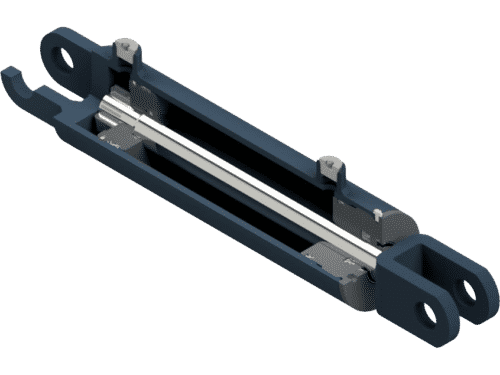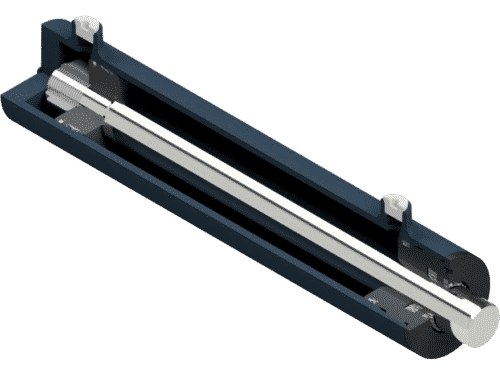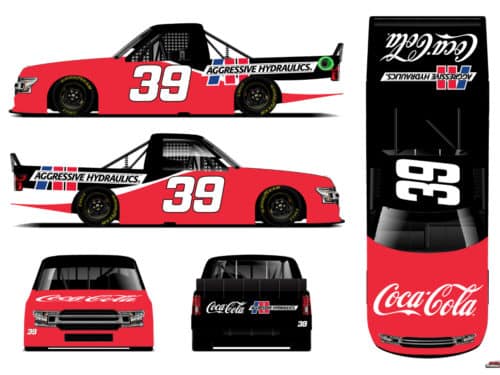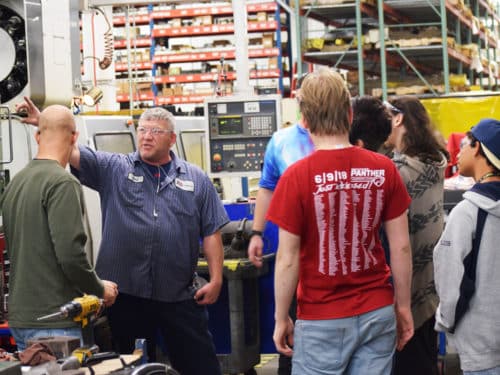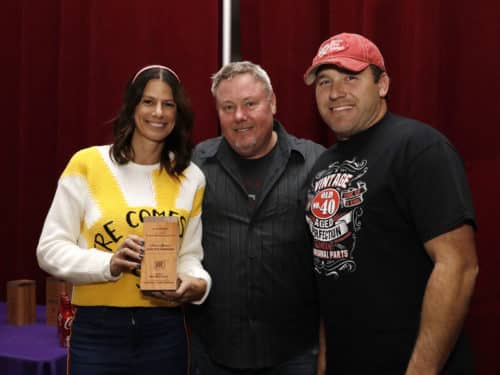In this day-and-age of Amazon and Omnichannel for retail, we are all getting conditioned to buy differently while getting the best pricing available. Beyond pricing, we want the experience to be easy. You don’t have to go to the store because delivery to our homes is common and in many cases the shipping is free. Various banners of department store chains have built multimillion square foot fulfillment centers to support their online shopping experience. If fast food is not convenient enough, you can have “DoorDash” deliver your meal for a modest fee. If you don’t have time to grocery shop, you can use “Instacart”.
How are these trends in retail affecting the Fluid Power supply chains? Business dynamics are changing and manufacturing suppliers regardless of the industry, must change to adapt to customer demand for improved experience. Downward pricing pressure is always present. In some cases, the initiatives pursuant to managing a vendor’s products can tend to commoditize everything. By definition: “A commodity is the market treating the good as equivalent or nearly so, with no regard to who produced them”.
How do your customers view your company as part of their supply chain? Are you the supplier which provides the cheapest price? Are you viewed as a commodity? Hopefully you’re providing a Value Proposition which is aligned with what your customers need and want. A hydraulic component can be defined by category or class but when your products are defined or viewed as a commodity, it is problematic. Beyond the term “commodity”, what about the company who produces it? This is when differentiation of both the company and the products become imperative.
The Company
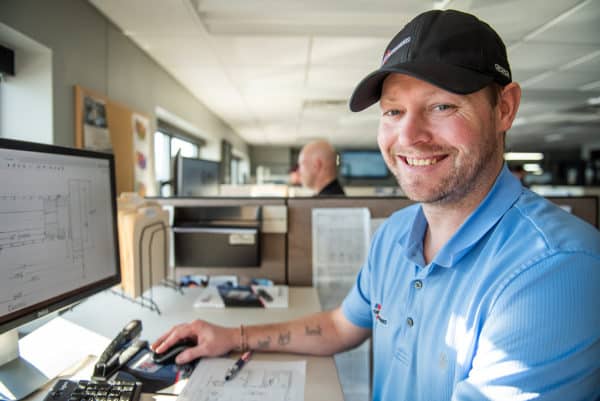
Companies are challenged to create a Value Proposition which will continue to deliver products and services that meet customer expectations in an everchanging landscape. Is your Value Proposition a reflection of your company or that of your products and services? Value Propositions are much like warranties, they are only as good as the company that stands behind it. A good Value Proposition should NOT be aspirational. It should be something ingrained in the DNA of the company culture and every employee within the organization.
Aggressive Hydraulics has embraced the tools found in EOS (Entrepreneurial Operating System) as described in the book “Traction” by Gino Wickman. EOS aligns our employees and focuses our efforts on the right things. For example, we have defined our “Three Uniques” which we believe set us apart from others in our industry. They are the heart of the Value Proposition our company offers to our customers. They are unchanged by customer situations, market trends, or the economic landscape. All employees know our “Three Uniques” which are part of our culture.
The Product or Service
In addition to differentiating your company, it is also advantageous to differentiate your products or services. This has always been a challenge but is even more important in our rapidly changing market, which is influenced by today’s retail trends and social and economic impact in response to the pandemic. If your product is considered a commodity by the market, customers will consider price first when selecting a supplier. In contrast, a sales transaction based on value flows from collaborative discussions between supplier and customer regarding productivity, reliability, and durability. This can lead to breakthrough technology which radically change the way work is done. It can also lead to multiple incremental changes with a greater aggregate impact than a single breakthrough technology. For the sustainability of your customer relationship, your product and service value need to be evident and acknowledged before, during and after the sale.
Upon inception, Aggressive Hydraulics made the conscious decision to not provide commodity products. Our hydraulic cylinders are built to order operating on every continent and are typically in applications supporting essential services and infrastructure. To ensure our products work as intended in demanding applications, we have a process which goes beyond “Custom”, so we use the term “Purpose-Built”. A Custom product can be a pre-engineered or pre-design product which is modified to fit in an application in terms of fit, form, and function, but they are not necessarily engineered and designed specifically for the intended application. When our Sales, Engineering, and Manufacturing Teams develop and manufacture a Purpose-Built™ product, we utilize another EOS tool called “Proven Process”. This is our method to consistently create successful Purpose-Built hydraulic cylinders for our customers- from initial gathering and understanding requirements to final delivery of the product and providing ongoing support.
Consider leveraging your internal processes, tools and culture to provide differentiation and value selling, resulting in a positive experience for your customers and prospects. Never lose sight of your Value Proposition and stand behind it.
This article was written by Paul Johnson and previously published in Fluid Power Journal on June, 2021.
